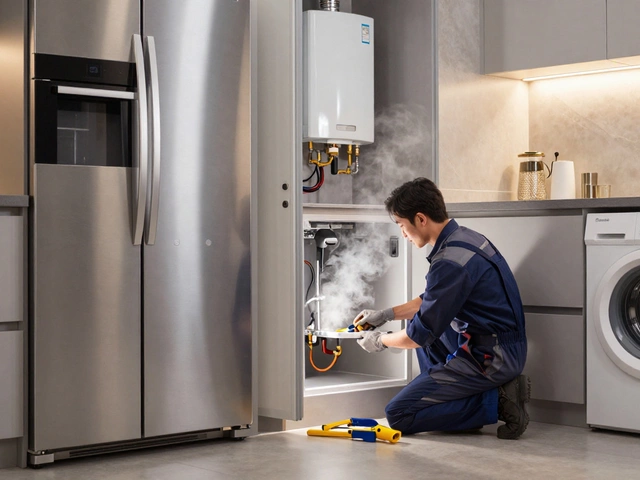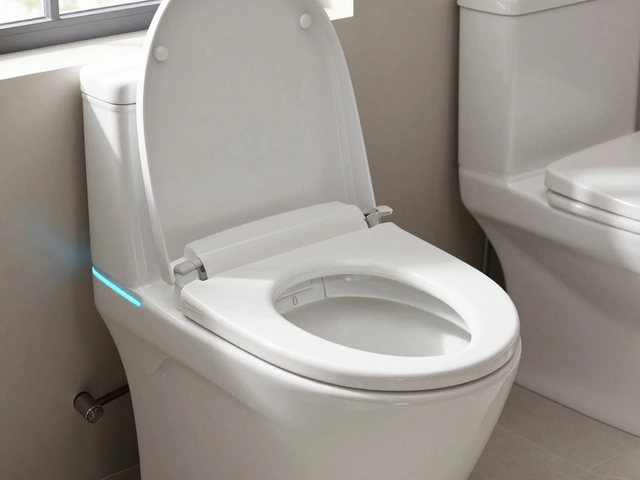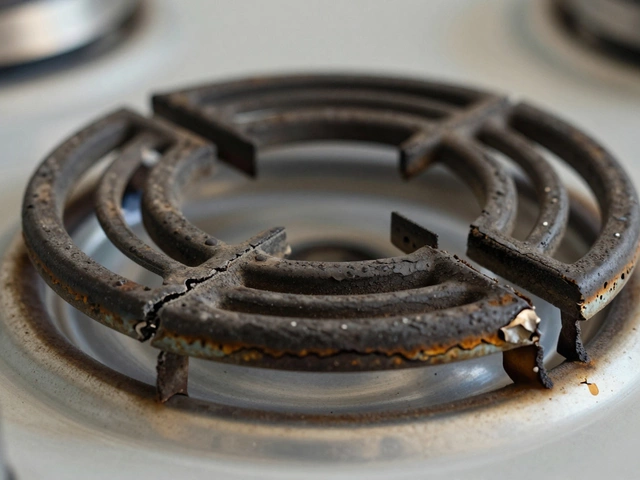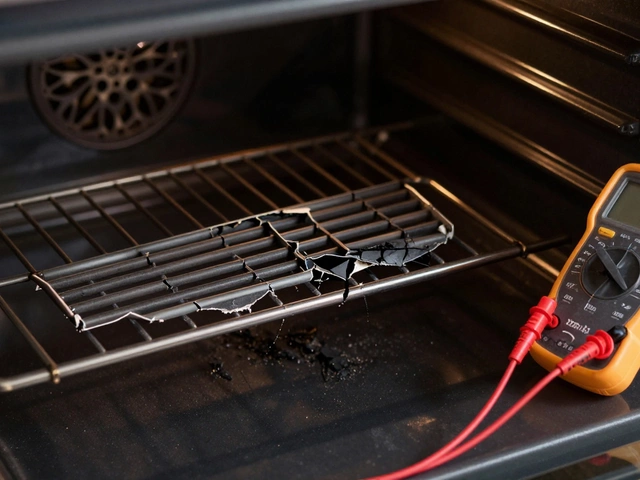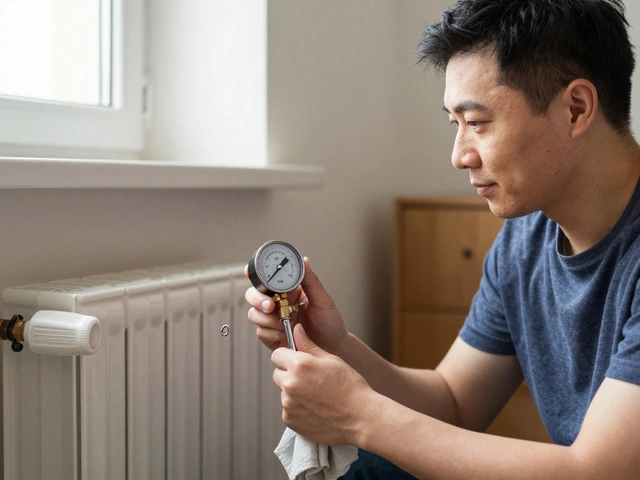Heat Pump Reviews – What to Look For and How to Keep Yours Running
If you’re shopping for a heat pump, you’ve probably seen a flood of marketing hype. What you actually need are real‑world reviews that tell you how the unit performs in everyday use, not just in a showroom. In this guide we’ll break down the most useful info from our own tests and from customers across the UK, so you can pick a model that stays warm in winter, cool in summer, and doesn’t break down after a few months.
First, think about the climate you live in. A unit designed for mild winters will struggle in the coldest parts of Hinckley, while a high‑capacity model may waste energy in a milder home. Look for reviews that mention the SEER (Seasonal Energy Efficiency Ratio) and HSPF (Heating Seasonal Performance Factor) numbers that match your local weather. Those numbers are the real proof that a pump can save you money on bills.
Common Reasons Heat Pumps Fail
Our recent article, “What Causes a Heat Pump to Fail,” lists the top three culprits: dirty filters, low refrigerant, and faulty compressors. A clogged filter cuts airflow, making the system work harder and eventually overheating. Most reviewers note that a simple filter clean‑out every 1‑2 months stops this problem dead in its tracks.
Low refrigerant usually points to a leak. If you see ice forming on the outdoor coil, that’s a red flag. Many homeowners ignore it until the pump stops completely, which ends up costing more in repairs. Choosing a brand with a solid warranty and good service support can save you a lot of hassle here.
Lastly, the compressor is the heart of the pump. When it’s failing, you’ll hear loud humming or a click before the unit shuts down. A few reviewers have shared that early detection—listening for unusual noises—lets them call a technician before the whole system goes out.
Choosing the Best Heat Pump for Your Home
When you’re comparing models, focus on three practical factors: size, efficiency rating, and noise level. Size matters more than you think; a unit that’s too big cycles on and off, wasting energy, while one that’s too small never reaches the set temperature. Use an online BTU calculator or ask a local installer to size it for you.
Efficiency ratings are easy to compare—higher SEER and HSPF numbers mean lower running costs. Look for reviews that report actual electricity bills after a few months of use; those numbers are far more reliable than the manufacturer’s spec sheet.
Noise can be a deal‑breaker, especially if the outdoor unit sits near a bedroom window. Many reviewers post decibel readings; aim for a model under 55 dB for quiet operation.
Don’t forget to check the warranty details. A five‑year compressor warranty and a ten‑year parts guarantee signal confidence from the maker. If a reviewer mentions a smooth claim process, that’s a bonus you can count on.
To sum it up, read real user experiences, verify efficiency numbers, size the unit correctly, and pick a brand with solid after‑sales support. Follow the simple maintenance steps—clean filters, schedule annual check‑ups, and listen for odd sounds—and your heat pump should stay reliable for years. Ready to dive into the reviews? Browse our latest posts below and find the perfect fit for your home.
5 July 2025
·
0 Comments
Curious about which heat pump brand stands the test of time? This in-depth guide compares the most reliable heat pump brands, highlights must-know facts, and offers practical tips for homeowners. Find the best HVAC solution for your home here.
Read more


